Basements are convenient for storage, but they can also pose risks to certain items due to their typical damp and fluctuating environment. Here are some things you should avoid storing in your basement to prevent damage and ensure your properties last as long as they should.
Paint and Chemicals
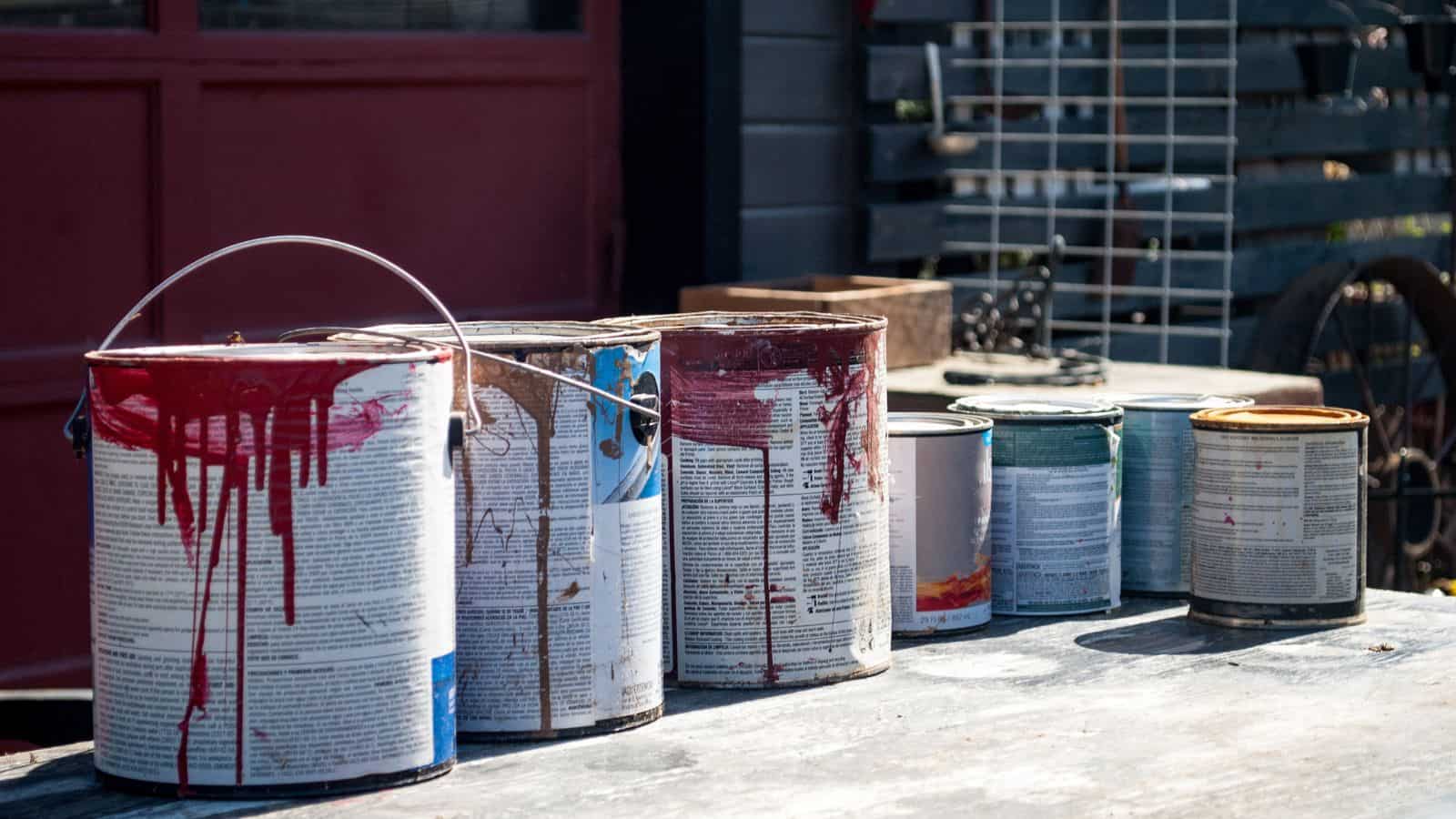
Storing paint cans and household chemicals in basements can lead to hazardous situations, as told by Garage Living. Fluctuating temperatures can cause containers to degrade, potentially leaking toxic substances into the environment or creating fumes that pose health risks. It’s not worth the risk.
Important Documents
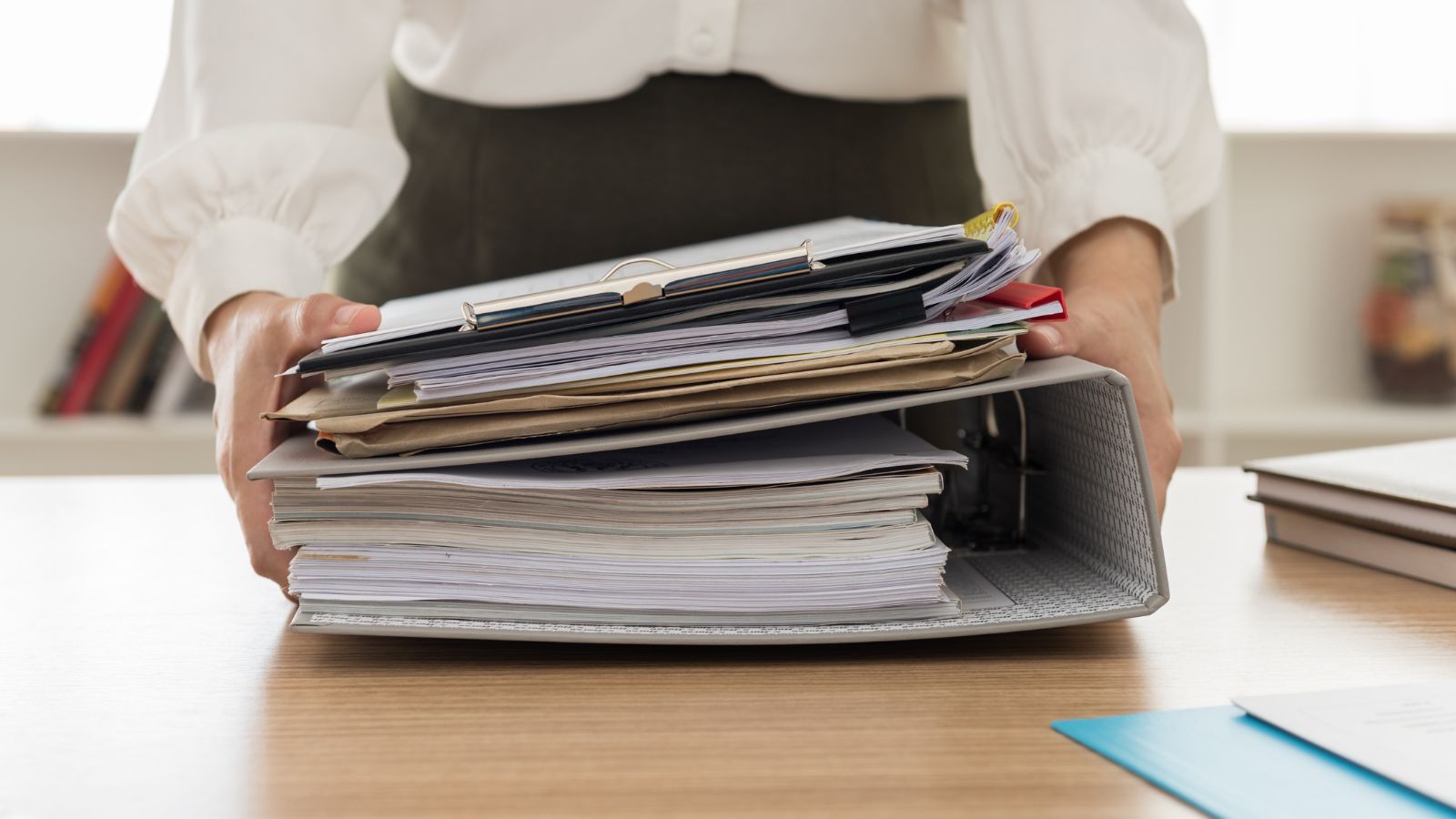
Basements are susceptible to flooding and humidity, making them unsuitable for storing vital documents. Papers such as passports, birth certificates, and legal documents are vulnerable to moisture, which can lead to mold growth, ink bleeding, or paper deterioration. Not ideal!
Mattresses and Upholstered Furniture
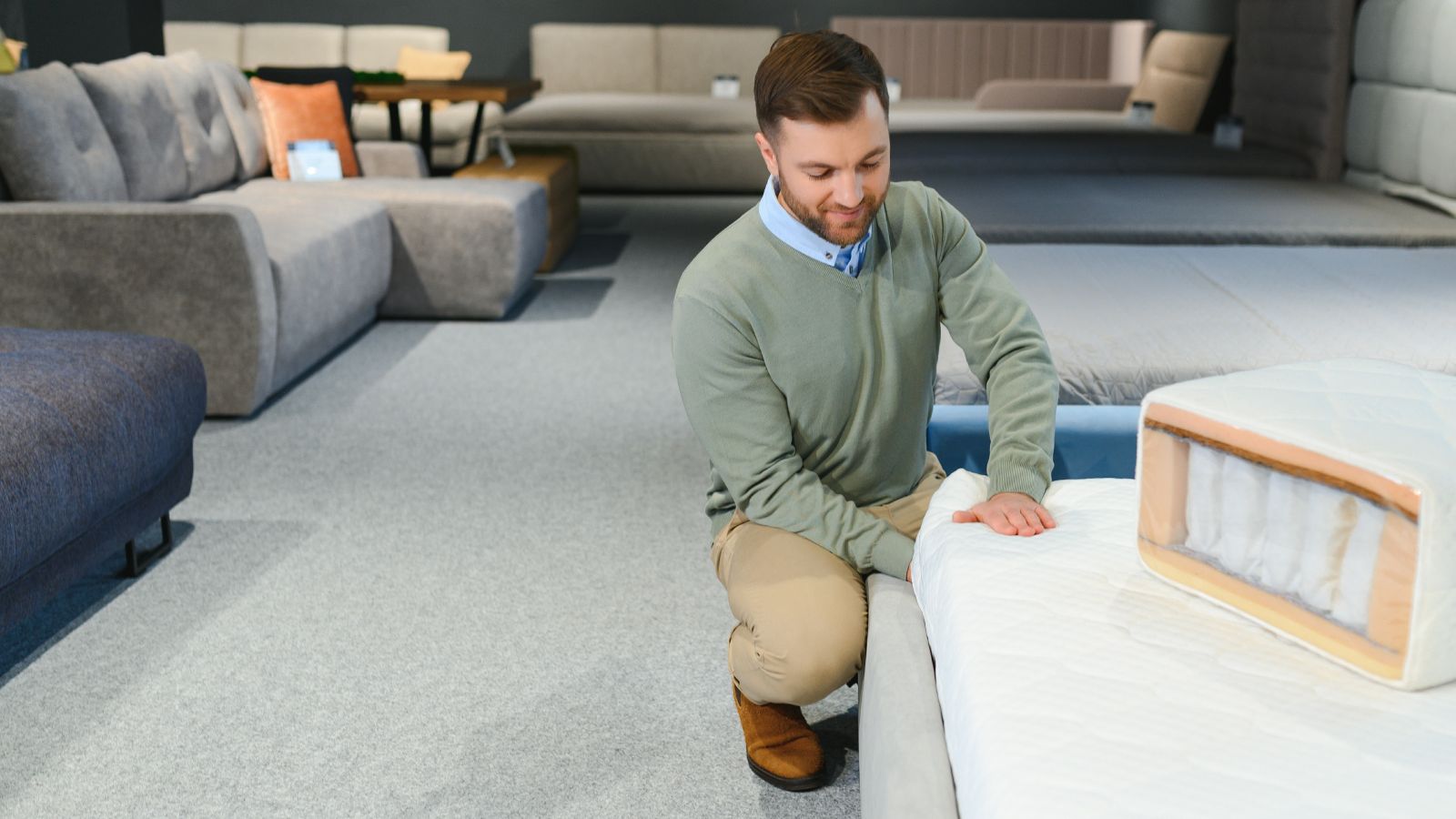
You’re probably going to get a lot of damp in your basement, and that makes them pretty unsuitable for storing mattresses and upholstered furniture. Moisture can lead to mold growth, unpleasant odors, and even structural damage to these items, compromising comfort and hygiene.
Electronics
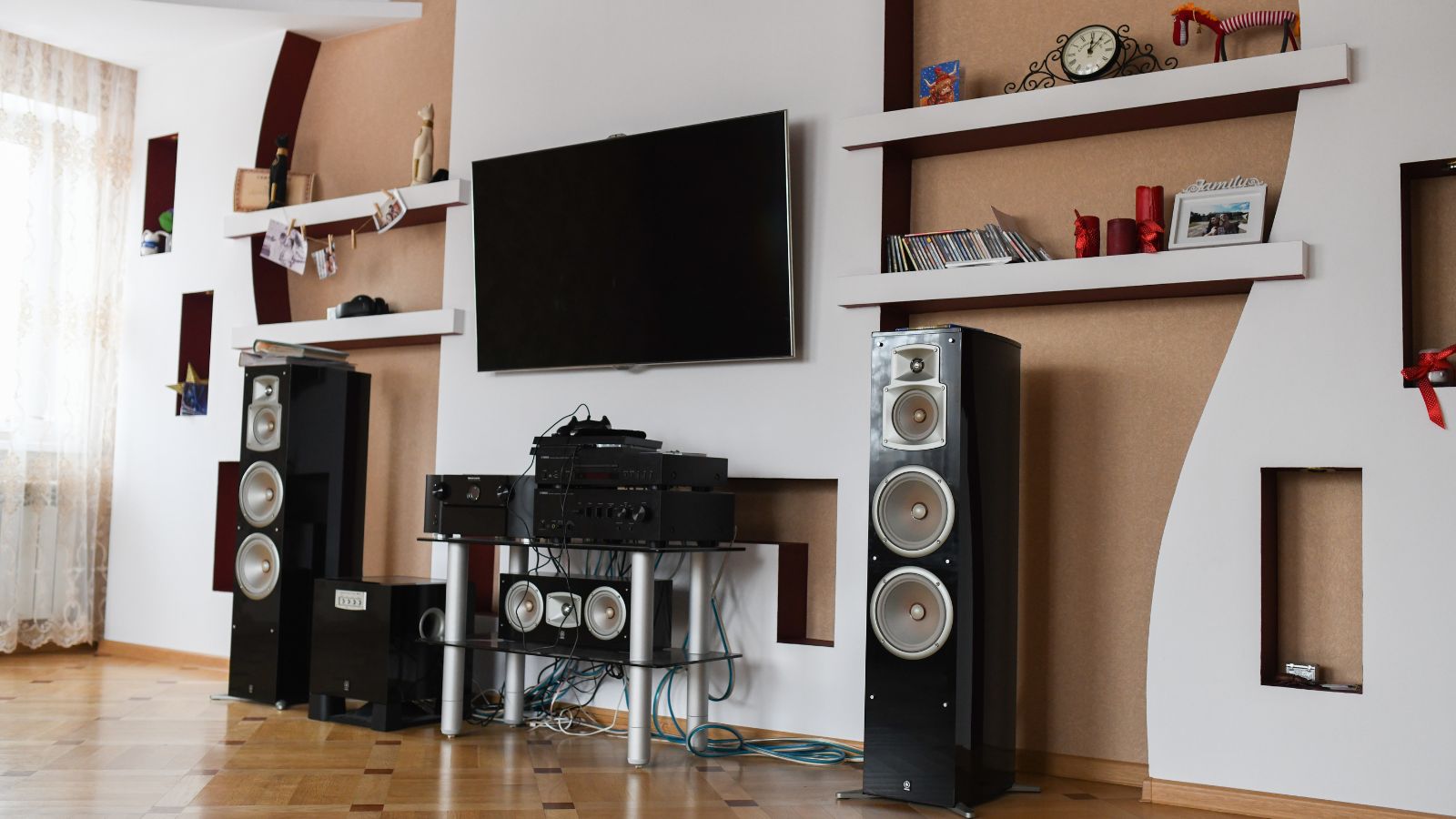
Electronic devices and appliances stored in basements are at risk of damage from moisture and temperature fluctuations. Condensation can cause corrosion or short circuits, rendering electronics unusable and potentially unsafe due to electrical hazards. This could prove to be very unsafe.
Wooden Furniture
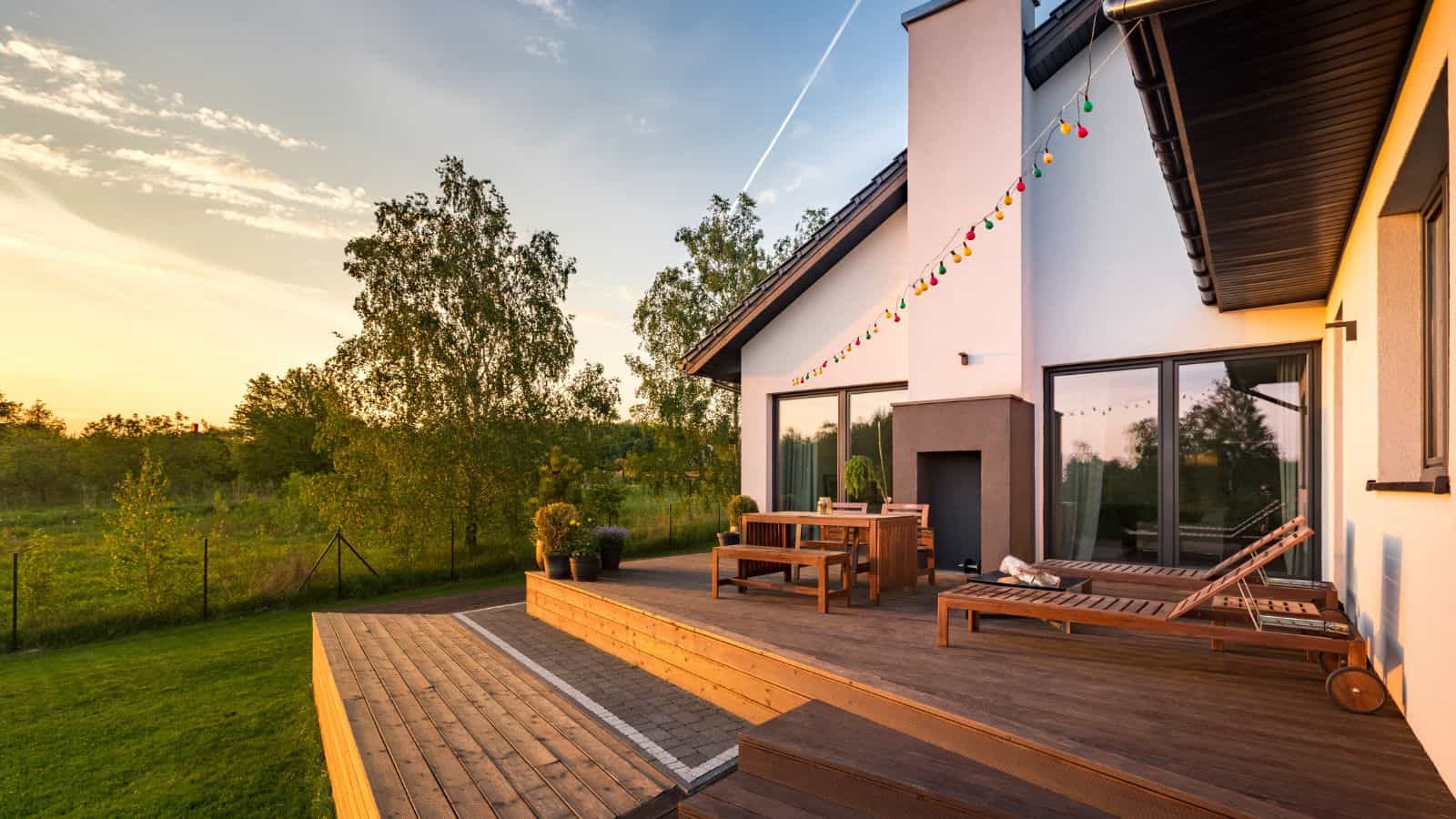
Don’t store wood in the basement, period! It absorbs moisture easily, making basements a poor choice for storing wooden furniture. Humidity can cause wood to warp, crack, or develop mold, significantly reducing the aesthetic appeal and structural integrity of valuable or antique pieces.
Clothing and Fabrics

You’ll find that storing fabric in basements is a bad idea, as they are prone to mold and mildew due to high humidity levels. Mold growth not only damages clothing but also poses health risks such as respiratory issues and allergies, making basements unsuitable for long-term textile storage.
Food Items
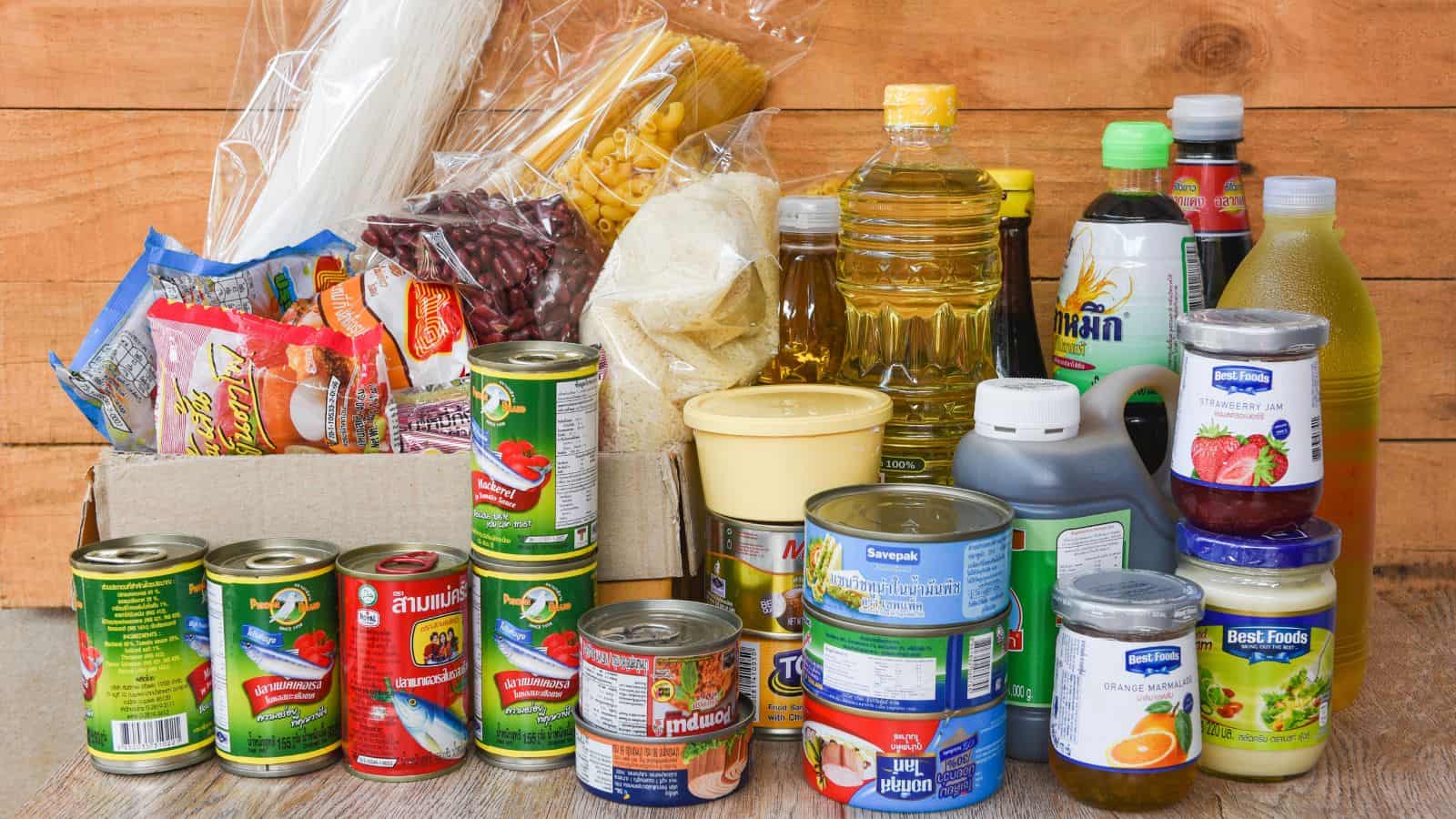
Storing food in basements can attract pests like rodents and insects, especially if items are not properly sealed. Moisture and temperature fluctuations can also accelerate food spoilage or contamination, posing health risks if consumed.
Photographs and Artwork
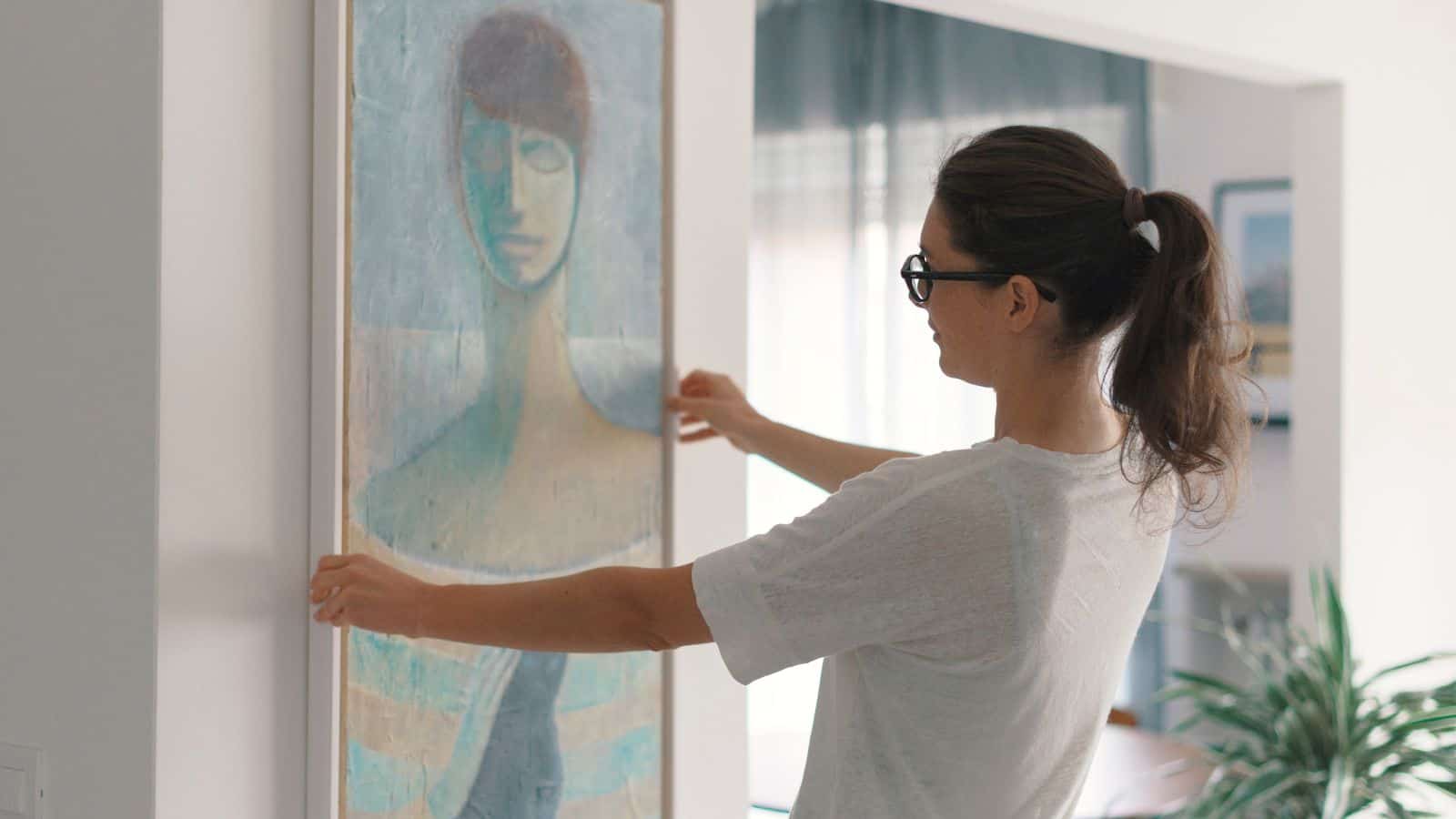
Photographs, paintings, and other artwork are sensitive to environmental conditions like humidity and temperature. Basements with poor ventilation can cause irreversible damage such as fading, discoloration, or warping of delicate materials like paper or canvas. Don’t run the risk of losing some cherished memories or expensive art.
Musical Instruments

Musical instruments require stable humidity and temperature levels to maintain their condition and sound quality. They’re very delicate in that regard. Storing instruments like pianos, guitars, or brass instruments in basements with fluctuating environmental conditions can lead to tuning issues or damage over time.
Cardboard Boxes
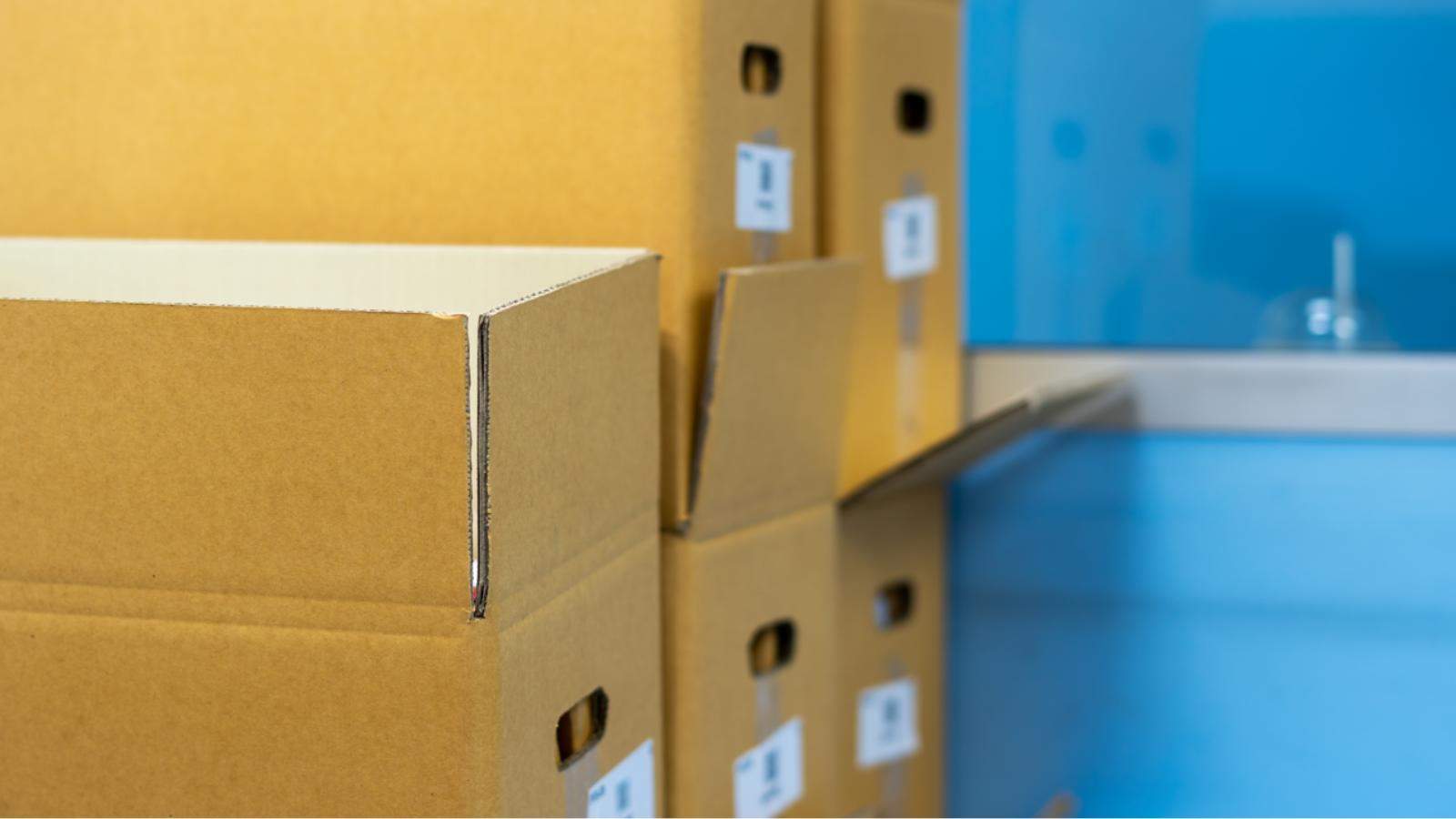
Cardboard boxes stored in basements are vulnerable to moisture absorption, which weakens the material and can cause contents to collapse or become damaged. Opt for plastic storage bins with secure lids to protect items from humidity and pests if you’re going to be storing things in your basement.
Wine and Spirits
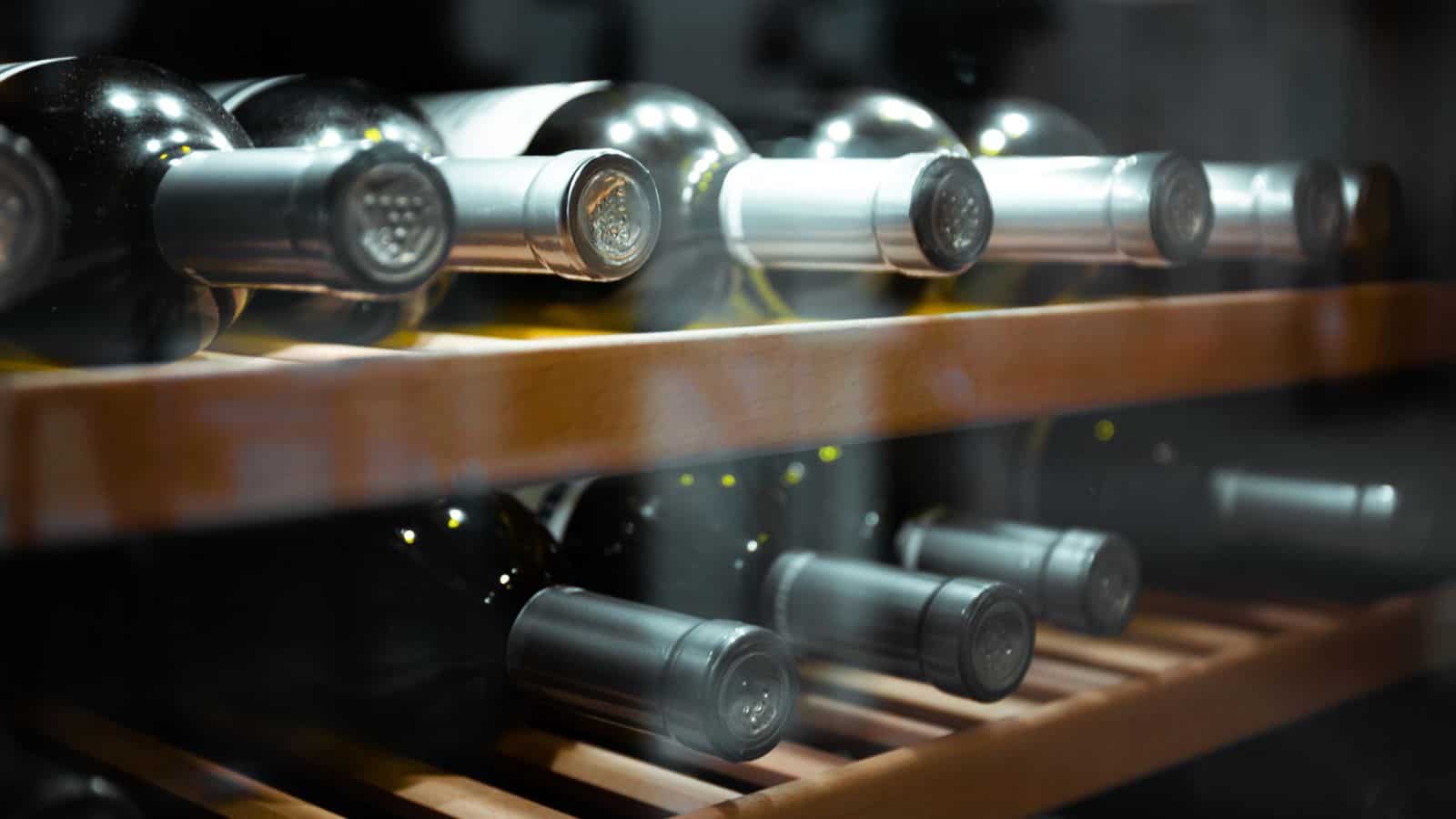
Proper wine storage requires a consistent cool temperature and humidity level, conditions that basements may not provide. Fluctuating temperatures can prematurely age wine, affect its taste, or cause corks to dry out, compromising its quality. You don’t want to end up ruining a fancy vintage bottle of red, now.
Valuable Collections
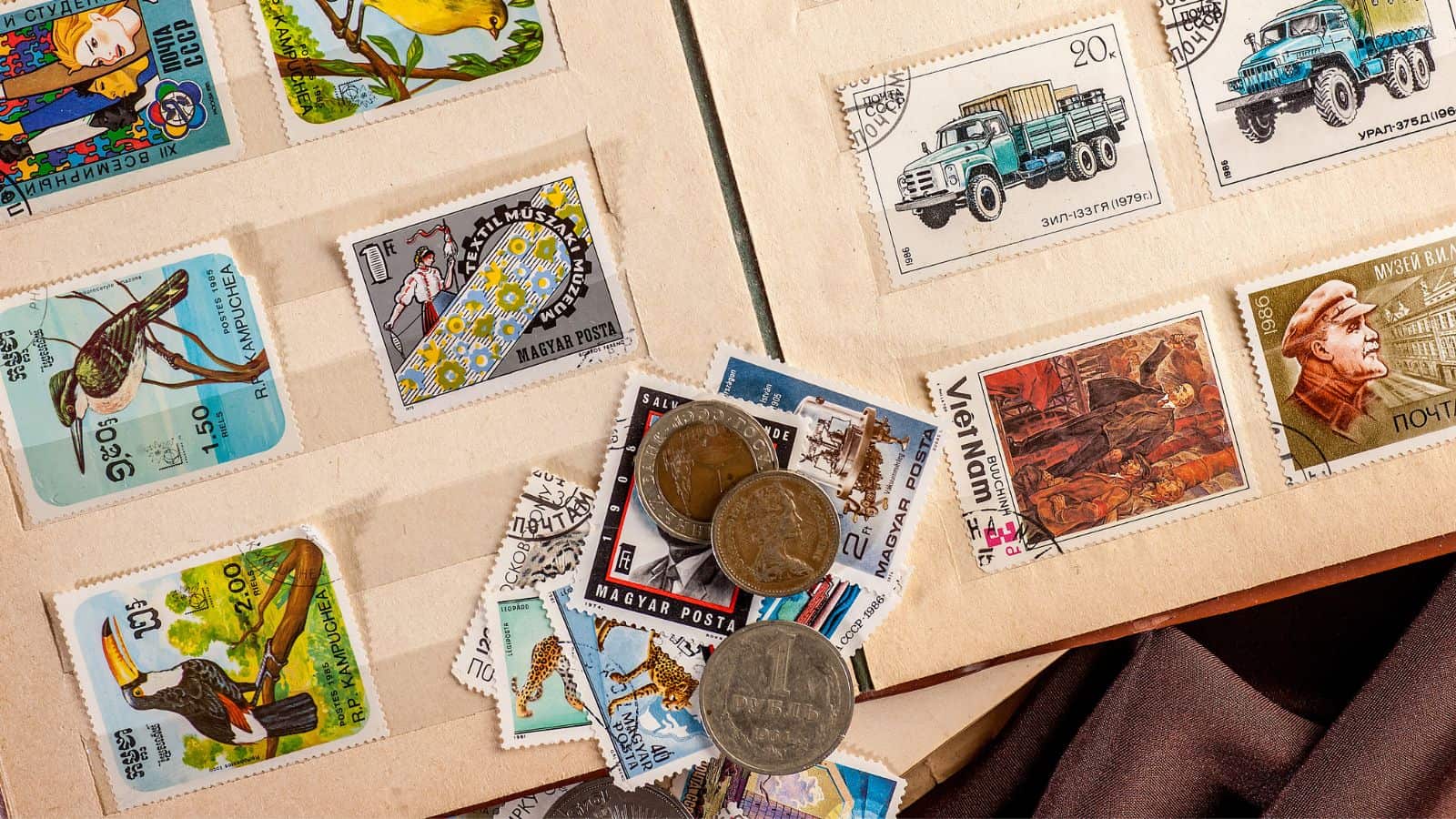
Collections of coins, stamps, or memorabilia should be stored in a controlled environment to prevent damage from moisture or pests. Basements’ fluctuating conditions can degrade the condition of collectible items, diminishing their value over time. Again, this could be a pretty expensive error.
Pet Supplies
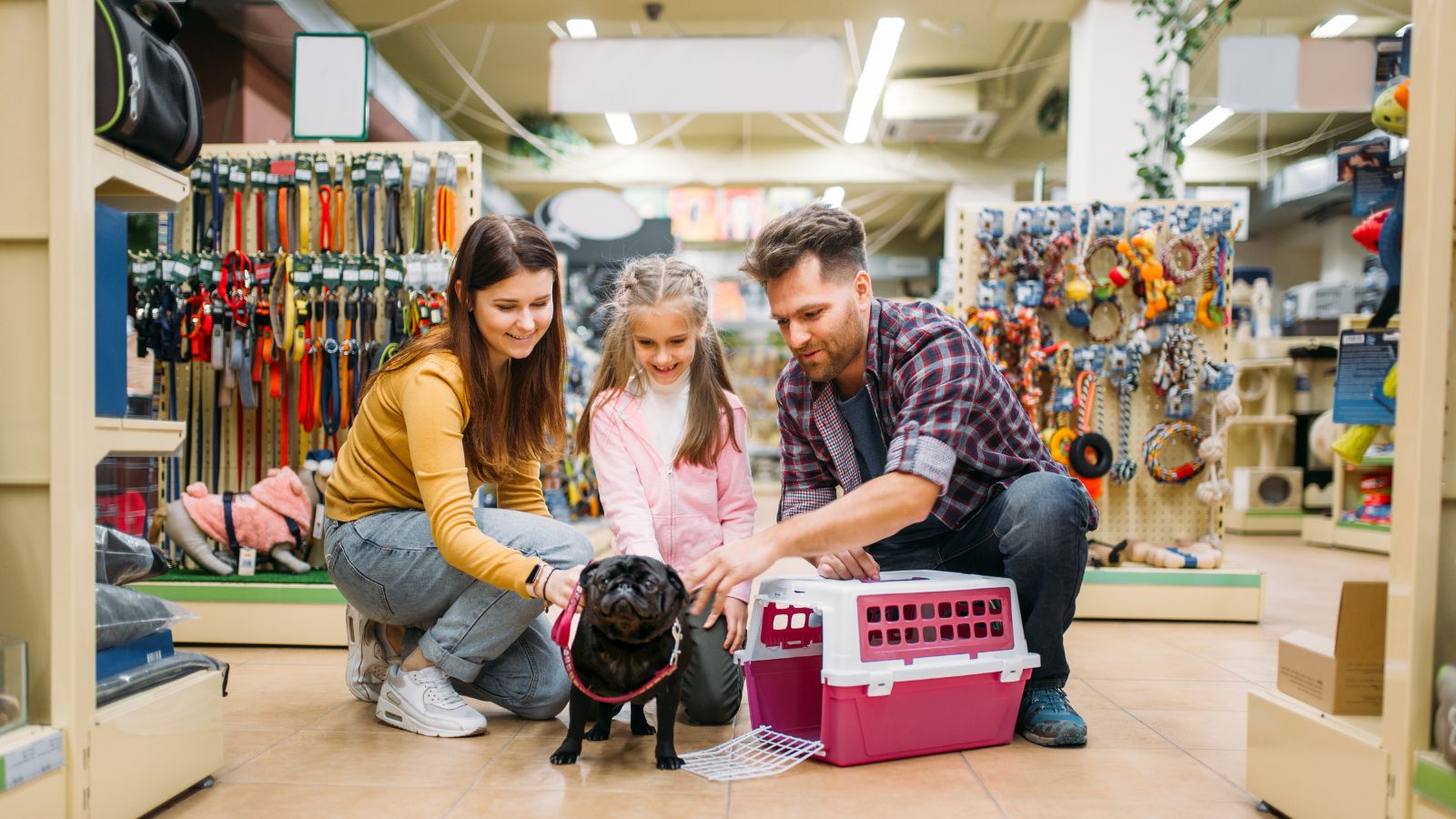
If you have a pet, make sure to keep their food, toys, and bedding stored away from your basements. Otherwise, it can attract pests and mold growth due to humidity. Keep these items in a dry, clean area to ensure pet health and safety, avoiding potential contamination or health hazards.
Flammable Materials
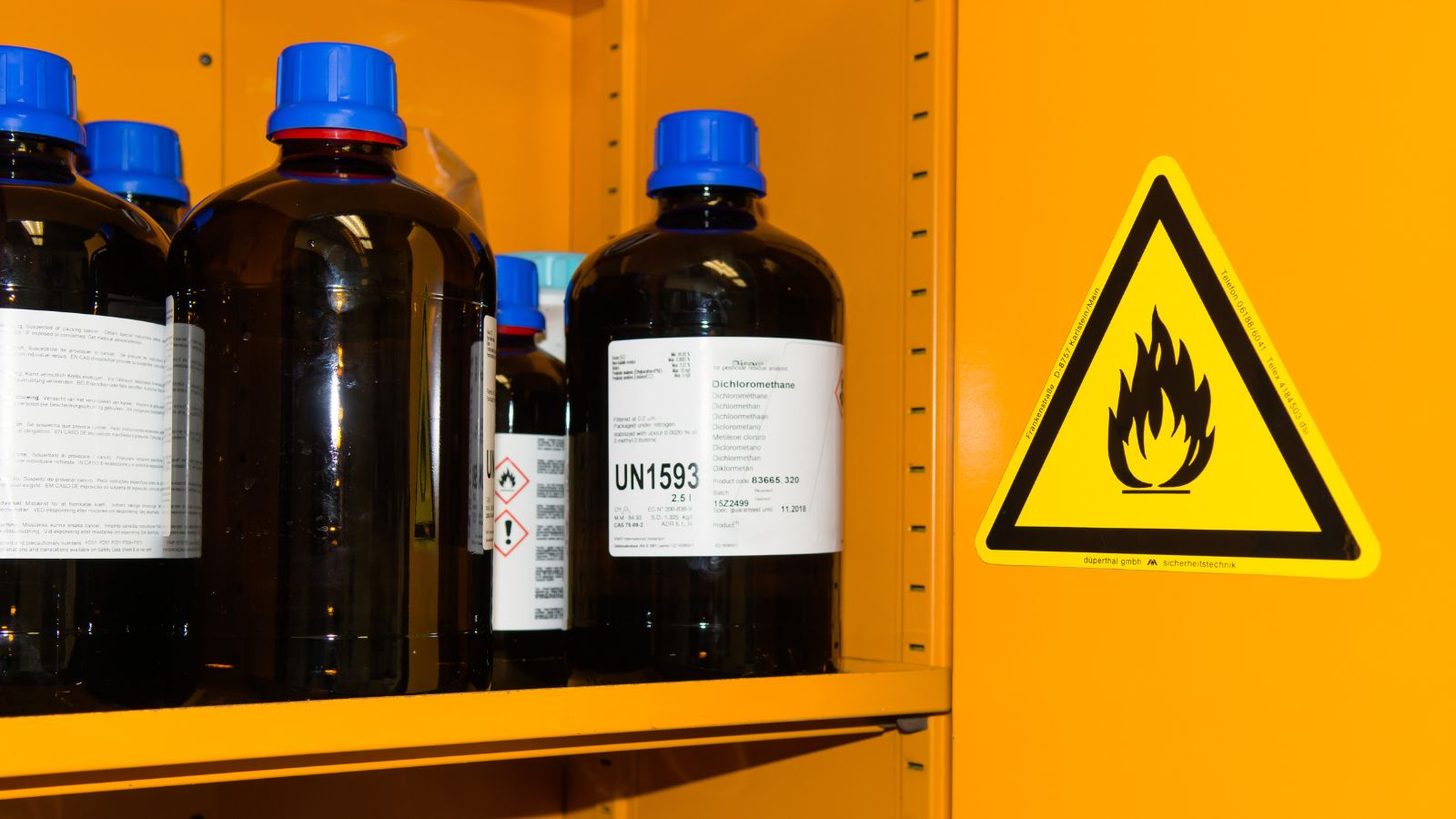
If you find yourself storing flammable materials like gasoline or propane tanks in a basement, you’ll be setting yourself up for serious fire hazards. These items should be stored outdoors in well-ventilated areas away from heat sources to prevent accidents and ensure safety.
Plants
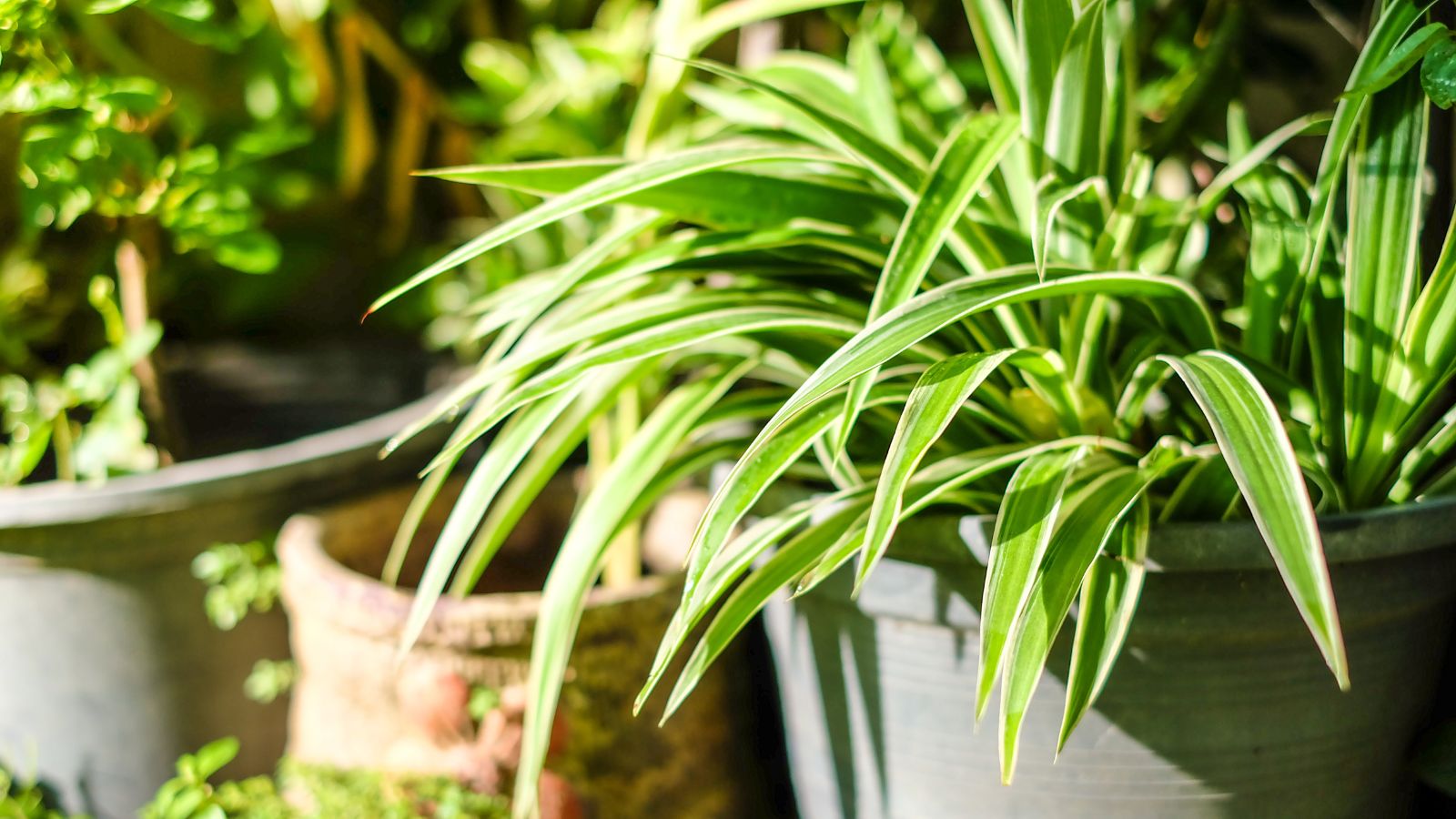
All plants require sunlight and proper air circulation to thrive, conditions that basements lack. Storing plants in basements can lead to poor growth, mold growth in soil, or eventual death due to insufficient light and high humidity levels.
Exercise Equipment

Keen to keep fit? Exercise machines and equipment can rust or corrode in basements due to high humidity levels, so don’t leave them down there. Moisture can also damage electronic components or upholstery, reducing the effectiveness and lifespan of fitness equipment over time.
Propane Tanks
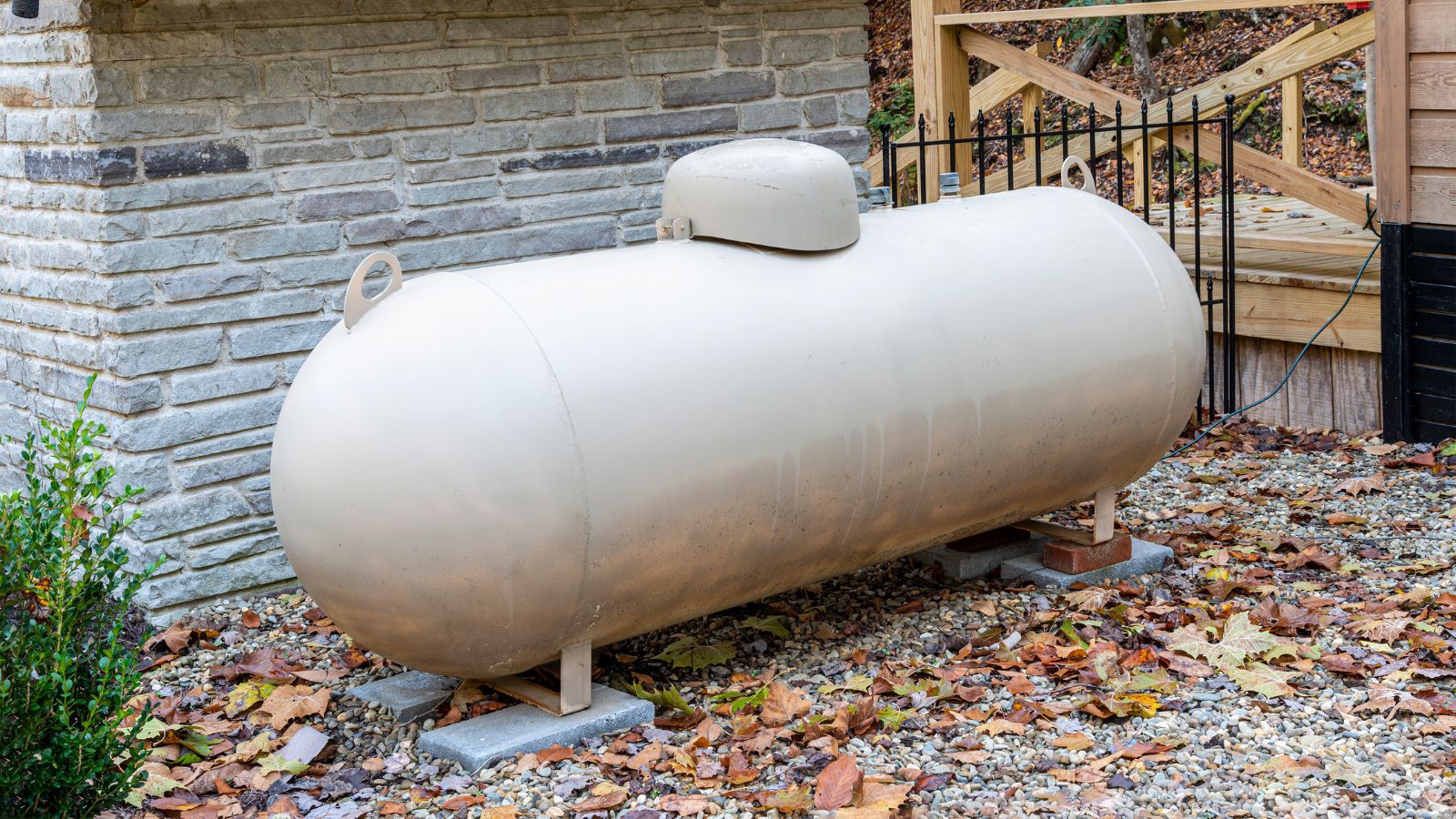
Storing propane tanks in basements is very unsafe due to the risk of leaks or explosions. Always store propane tanks outdoors in well-ventilated areas away from ignition sources to prevent fire hazards and ensure proper ventilation. It’s crucial that you avoid propane in the basement
Household Batteries
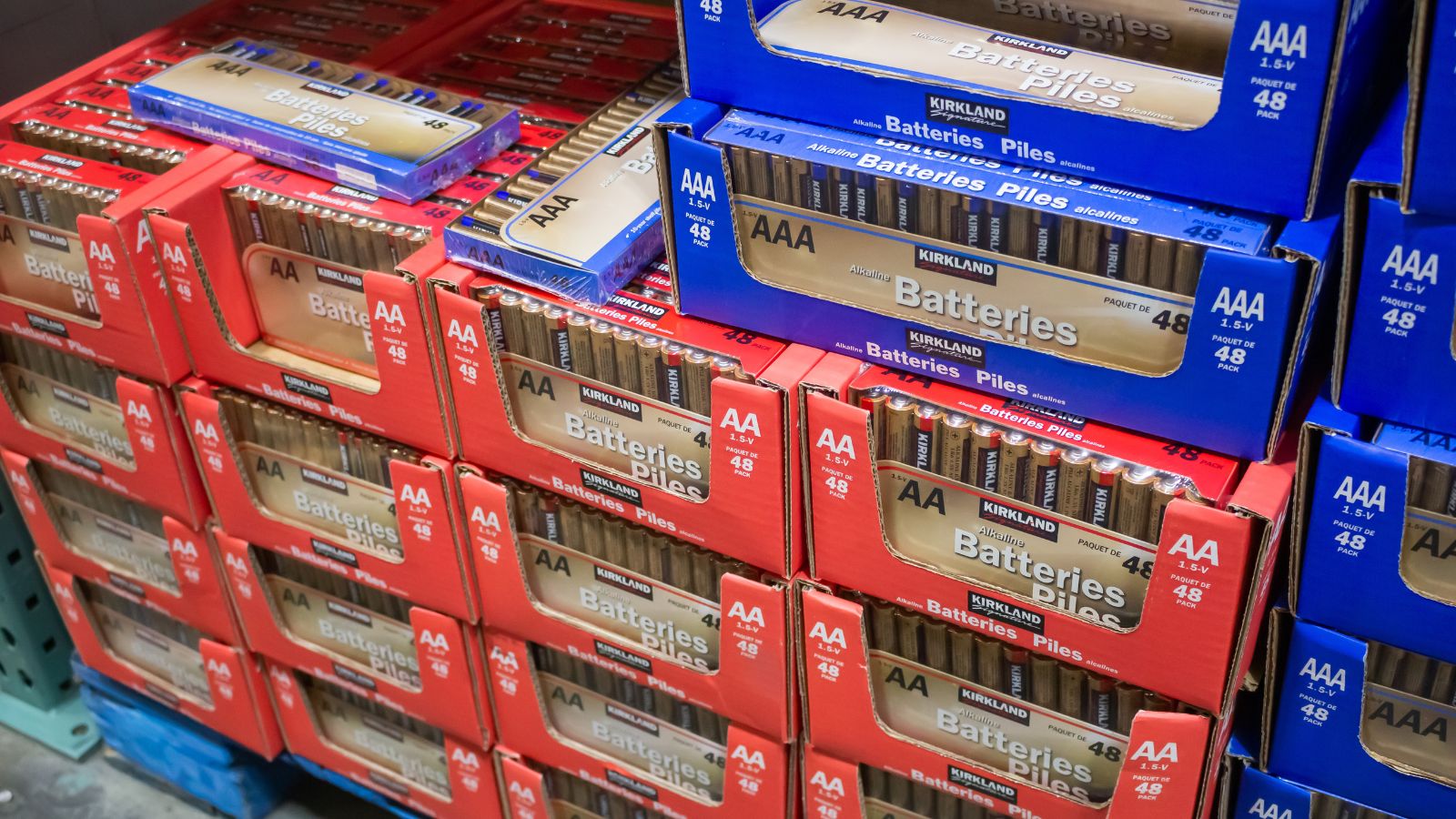
The fluctuating humidity of the basement can cause batteries to corrode or leak, and this will reduce their lifespan and effectiveness. Be sure to store batteries in a dry, cool place with stable temperatures to maintain their charge and prevent potential damage.
Seasonal Decorations
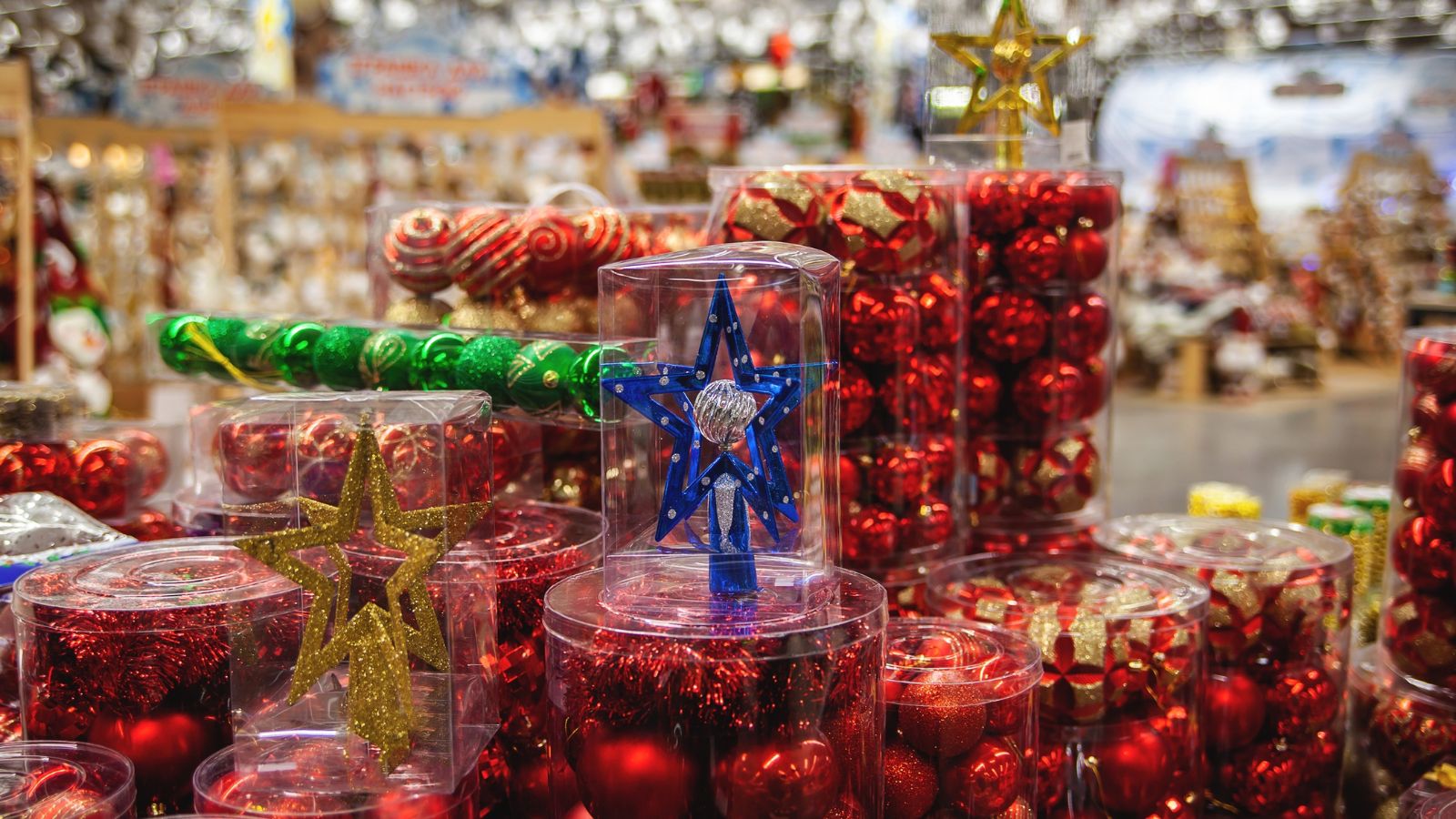
Holiday decorations made of paper, fabric, or delicate materials can deteriorate in basements due to moisture and pests. Use sealed plastic containers or climate-controlled storage areas to preserve seasonal items and extend their use. You don’t want to risk ruining Christmas!
Up Next: 19 American Foods that Are Not Allowed in Other Countries
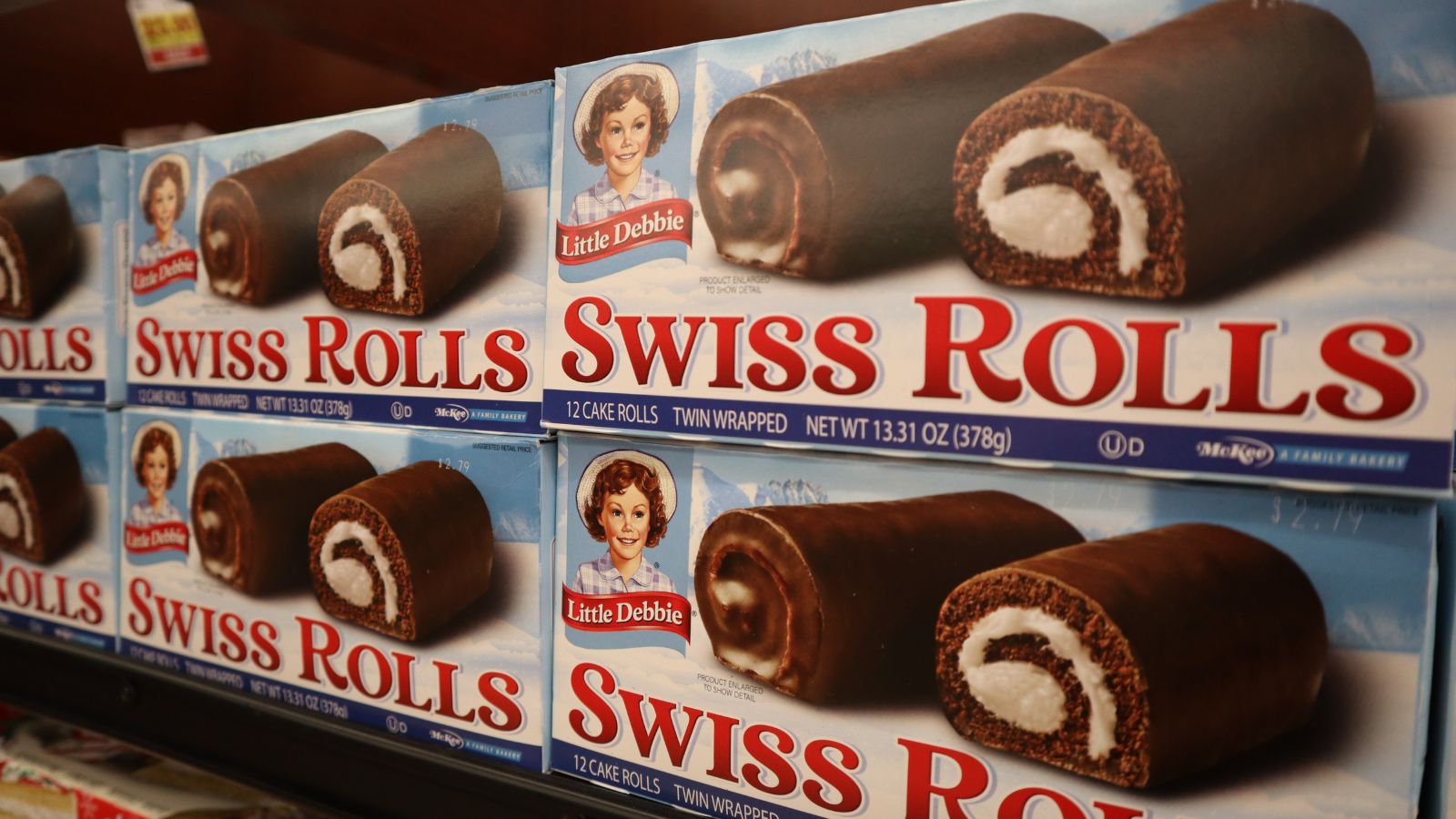
We can debate all day about who has the safest food supply in the world. Though, I’d bet you would be surprised at how many everyday American foods are banned in other countries. Most are due to chemical additives and pesticides, which, in places like the EU, cannot be approved for use unless proven safe. Let’s take a look at 19 of them.
19 American Foods that Are Not Allowed in Other Countries
19 Things That Will Happen When You Stop Drinking Alcohol

Whether you identify as an alcoholic or a casual drinker, alcohol can have a significant negative impact on your health. This is why more and more people are choosing to go cold turkey for the sake of their well-being. If you’re considering going sober but need a little more convincing, we’ve got you covered. Here are 19 things that will happen when you stop drinking alcohol.
19 Things That Will Happen When You Stop Drinking Alcohol
17 Things Guests Actually Notice Right Away About Your House

Inviting people into your home is a big deal. You may be very house-proud or house-conscious, and if you are either, you’ll likely get anxious about hosting. If this sounds like you, stop worrying and focus on the following 17 things that guests actually notice right away about your house.
17 THINGS GUESTS ACTUALLY NOTICE RIGHT AWAY ABOUT YOUR HOUSE
